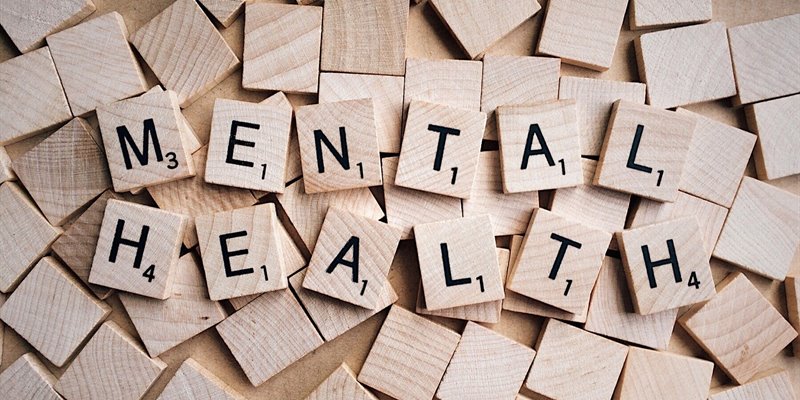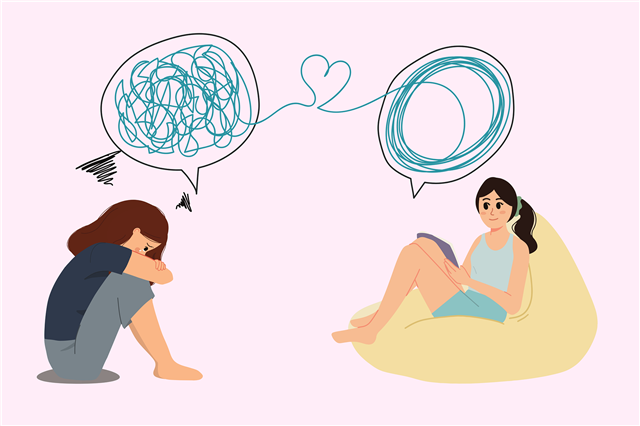
Today is World Mental Health Day (10th October), a day which encourages people around the world to make their mental health and wellbeing a top priority. In this blog, Content Channel Editor Emma talks about mental health and the support you can get from Macmillan.
Being told you have cancer can impact your mental health. It is common to feel many different emotions, some of which may be difficult to cope with. Remember that everyone copes with things in their own way, and there is no ‘right’ or ‘wrong’ way to feel.
Common feelings include shock and denial, fear, sadness, avoidance, anger, guilt and blame, and feeling alone. These feelings are natural, but if you think they may be turning into depression or anxiety, speak to your GP. They can talk with you about your feelings and help you find ways to cope.
We have more information on our page about cancer and your emotions and in our booklet How are you feeling? The emotional effects of cancer.
Talking about your feelings
 You may find the idea of talking about cancer and how it affects you upsetting or uncomfortable. But talking to someone else can help you cope with your emotions, make you feel supported, and help you to make decisions.
You may find the idea of talking about cancer and how it affects you upsetting or uncomfortable. But talking to someone else can help you cope with your emotions, make you feel supported, and help you to make decisions.
You may want to talk to someone you know well, such as a partner, family member or friend. Or you may prefer to talk to your cancer doctor, GP or specialist nurse. Your doctor or nurse may be able to refer you to a psychologist or counsellor.
Some mental health organisations such as Mind can also offer support.
For more information on who you can talk to, visit our page on getting help with your emotions.
Looking after yourself
There are things you can do to look after your mental health and wellbeing during and after cancer treatment. These things can help you to feel more in control.
Eating well, being more physically active, and getting enough sleep all have a positive impact on your mental health. Physical activity can be as simple as going for a short walk outside. Research has shown that spending time in nature can benefit our mental health. Writing down your feelings may also help you to process them.
It’s also important to make time to relax. This could be reading a book or listening to relaxing music. Many people find that mindfulness and meditation help them to feel more in control of their thoughts. Find out more about the benefits of mindfulness on the Be Mindful website.
We also have information about different complementary therapies you can try, such as massage, acupuncture, and mind-body therapies.
Getting help
If you’re struggling with your mental health, or need someone to talk to about your emotions, we’re here to help. You can:
Macmillan’s partnership with Big Health
Macmillan has launched a new partnership with Big Health to give people newly diagnosed with cancer access to free digital mental health therapies.
The service has been developed to address two of the top needs of people with cancer: anxiety and insomnia. It is free for anyone with cancer in Scotland, and those diagnosed in 2022 in the rest of the UK. To access the service use the following links:
Whatever cancer throws your way, we’re right there with you.
We’re here to provide physical, financial and emotional support.
© Macmillan Cancer Support 2026 © Macmillan Cancer Support, registered charity in England and Wales (261017), Scotland (SC039907) and the Isle of Man (604). Also operating in Northern Ireland. A company limited by guarantee, registered in England and Wales company number 2400969. Isle of Man company number 4694F. Registered office: 3rd Floor, Bronze Building, The Forge, 105 Sumner Street, London, SE1 9HZ. VAT no: 668265007